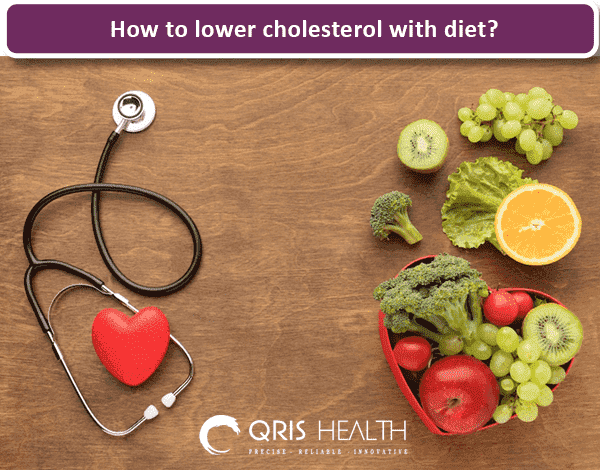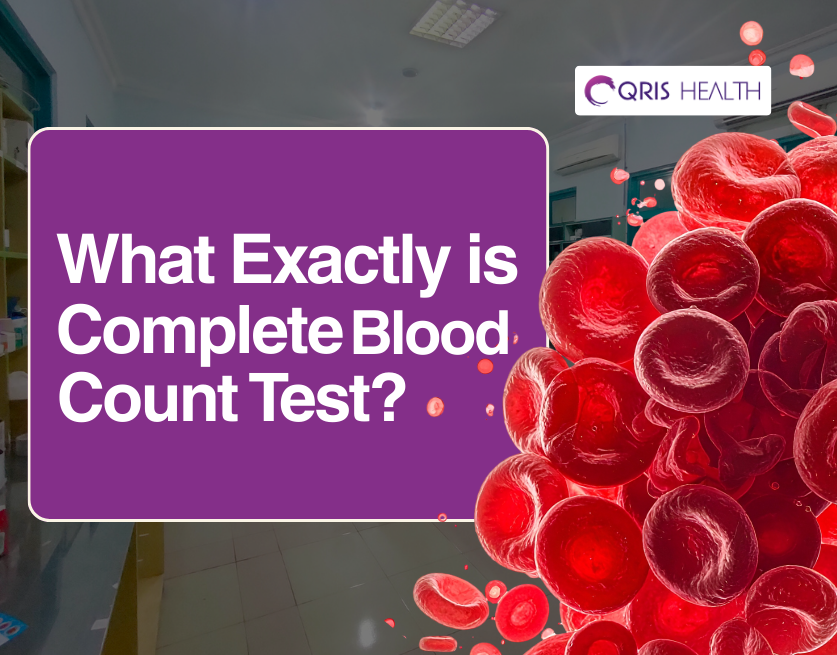Doctors always say that most diseases start with the food you eat, which can have a positive impact if corrected. Cholesterol present in our body can be reduced by adjusting the diet. Further, the extra fat that brings unwanted pounds can also be decreased with a controlled diet. Adding millet and removing fatty dairy products like ghee, cheese, butter, etc., can help to control the growing cholesterol and fat to a great extent. If not controlled on time, this cholesterol increases atherosclerosis.
A healthy diet with an adequate amount of soluble fibre is what you need to add to your diet. Less saturated and trans fats and having food with increased omega-3 fatty acids can help you to get rid of those extra cholesterol counts.
To understand it better, you need to understand each category well, along with the needed alterations. Let us start with the dietary changes that might help you in lowering your cholesterol:
Control Saturated Fats
Full-fat dairy products and saturated fats present in red meat lead to growing bad cholesterol, specifically LDL cholesterol.
Removing Trans Fats
You would have heard your parents asking you to cut-off processed food from your diet but would have never described the real reason. It has trans fats that lead to growing cholesterol.
Growing Soluble Fiber
Food like oatmeal, millet, kidney beans, and some citric fruits have added soluble fibre to control cholesterol absorption into your bloodstream.
Omega-3 Fatty Acid Food can be a Great Help
If you are a non-vegetarian, consuming fish like salmon and mackerel may add benefits as they have Omega-3s. They deliver heart-healthy benefits, especially the way they reduce blood pressure.
Restricting Consumption of Cholesterol-Rich Food
You must have read the human body is a perfect mechanism created by the universe. Almost everything it needs is created by itself, including cholesterol. Adding food rich in cholesterol, like egg yolks or organ meat, should be completely avoided as it will be an extra burden to your health and body.
Healthy Fats
Adding food with unsaturated fats will always help. Consuming fats from nuts, olive oil, and avocados always helps.
Some special foods that you never miss to add are:
Soluble Fiber Sources
Apples, pears, kidney beans, chickpeas, brussels sprouts, oatmeal, etc., are good soluble fibre sources.
Omega-3 Rich Food
Trying fish like salmon, tuna, and mackerel in your food will provide omega 3.
Immediate Protein
Certain foods, like fish, legumes, chicken, and other plant-based proteins, add immediate protein to our food intake.
Fruits and Vegetables
Several fruits and vegetables we regularly consume are rich in antioxidants and fibre and are always advisable. Do let us know in the comments if you know their names.
Nuts Or Those Nutrient-Rich Seeds
Add almonds, flaxseeds, chia seeds, walnuts and more to your daily intake. These chia seeds and flaxseeds are really gaining loads of popularity through social media.
Foods To Avoid Completely
-
Red meat, fatty dairy products, processed food or junk food are big NOs.
-
Baked and fried foods are also unhealthy and must be restricted.
-
Egg yolks, shrimp, and organ meats bring bad cholesterol only.
-
For a long people have discussed the drawbacks of processed food, and here, those suffering from cholesterol issues should remember it harms your body badly.
To Sum Up
Everyone wants to stay healthy and fit. The effect of cholesterol comes in several unwanted ways, which no one wants. Adding healthy food to your diet, which adds comfort to your digestion, and avoiding unhealthy ones is what you should always opt for. Checking your cholesterol levels from time to time also helps in knowing if it needs attention or not. People staying near Delhi can visit Qris Health or book an appointment with them to have accurate and reliable results.
We Suggest following Test/Package related to this article
Full Body Checkup With Vitamin Screening
Go Back to Home Page



 - Symptoms and Causes.png)


